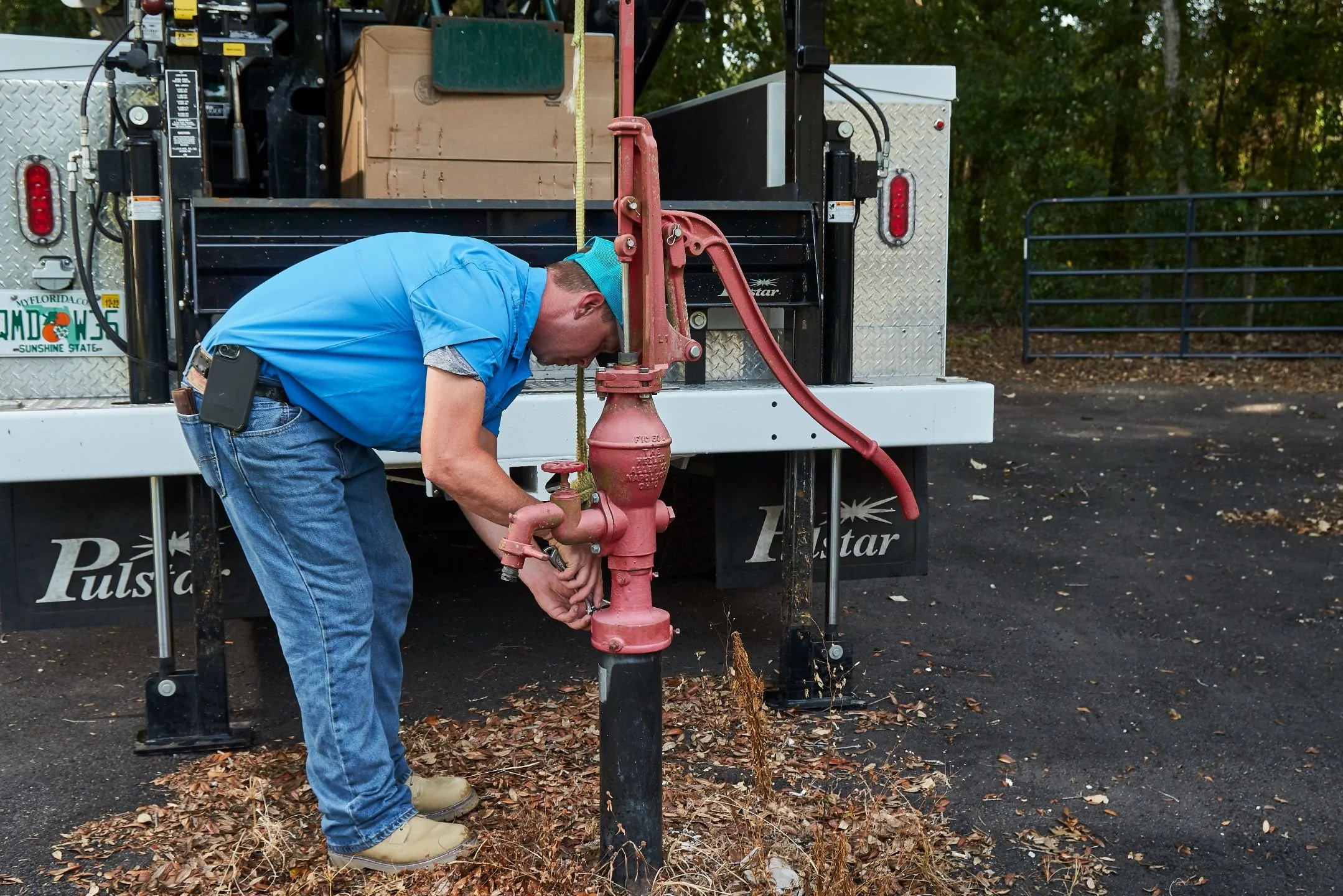How to Keep Your Centrifugal Pump Running Great
Everything about friction is undesirable in pumps, including irritating noises, heating, and wearing components down because of rubbing.
For most homeowners, a centrifugal pump is an indispensable household tool for moving liquids. Unfortunately, these valuable tools suffer from regular malfunctions if not maintained.
Here are some tips for keeping a centrifugal pump running smoothly:
Schedule routine professional maintenance
Most homeowners assume their centrifugal pumps don't need professional check-ups because they run efficiently, but that's not the case. Regardless of the pump's condition, homeowners should schedule routine professional maintenance. While the process helps the centrifugal pump resume its optimal functionality, it reveals hidden issues homeowners might not notice.
Consistent professional maintenance boosts the centrifugal pump's lifespan while cutting energy operating expenses.
Counter overheating
Centrifugal pumps normally overheat for three reasons: normal operations, friction, or environment. An overheated pump won't operate because it needs more energy and produces bubbles. If the bubbles burst around the impeller or other internal elements, their implosive force causes erosion.
Open discharge and suction lines during operation help keep the pump cool. If overheating persists, turn it off and give it time to cool. Also, don't restart the pump until the drain plug releases all the built-up pressure or residual gasses.
Use Variable Frequency Drivers (VFDs)
Variable Frequency Drivers (VFDs) work together with centrifugal pumps, although manufacturers sell them separately. They minimize the energy supplied to the motor.
Besides improving energy efficiency, VFDs allow a steady ramp-up of motor speed, reducing mechanical stress during start-up and shutdown. As such, a VFD prevents wear and tear of the centrifugal pump's internal components.
Use the centrifugal pump for the right purpose
A pump will only be efficient if used for its intended purpose. The design characteristics, such as impeller size, shape, and rotational speed, determine the specific applications of a pipe. Using the pump outside its operation scope reduces its efficiency significantly.
For example, running a pump at a higher flow rate than its specifications exposes it to conditions it can't handle, leading to depreciation and energy wastage.
Reduced the impeller if it's oversize
If an impeller exceeds the operating specifications, the pump will operate below its best efficiency point (BEP). The effect is increased energy consumption to achieve the optimal flow rate and excessive noise and vibration.
In this case, reducing the impeller diameter can improve the pump's efficiency. If a homeowner has no plumbing skills, they should seek professional help to trim the impeller.
Lubricate regularly
Everything about friction is undesirable in pumps, including irritating noises, heating, and wearing components down because of rubbing. Lubricants add a thin film between moving parts, reducing the direct contact of surfaces. Also, it prevents overheating.
To keep the pump running efficiently, homeowners should lubricate it at least once a month.
Keep the centrifugal pump running
A homeowner who wants their centrifugal pump to run without glitches should take all precautionary measures possible. Most importantly, they should consult pump services for regular professional check-ups.
Pump Repair Services has over 32 years of experience providing reliable irrigation pump repair and centrifugal pump repair services in the Orlando area. Our extensive industry knowledge and experience allow us to handle any well or pump-related issues efficiently. 24-hour emergency services available. Call us to book a service and get outstanding service and customer experience.

